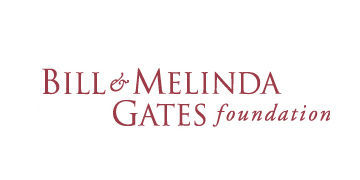
Most people did not know that November 19 is World Toilet Day but the day represents a struggle to provide proper toilet facilities to over two and a half billion people around the world. Incredibly, unsanitary toilets account for more deaths globally than HIV/AIDS , measles and malaria combined. The Bill and Melinda Gates Foundation has been trying to address this threat by funding toilet initiatives that focus on different problems including production of toilets that are cheap and can be used anywhere in the world.
The Gates Foundation’s Reinvent the Toilet Challenge brought together academics and inventors who were tasked with developing a waterless toilet that was cheap, safe, and sanitary. Caltech won the competition with their solar-powered, self-cleaning toilet that changes human waste into hydrogen and fertilizer.
Michael Hoffmann was the team lead for the winning design which was derived from the engineer’s patent for “multilayered nanostructures doing electrochemical degradation” that was developed 19 years ago. Team member Asghar Aryanfar states that Hoffmann “was looking for any kind of application until Bill Gates announced the competition.”
The toilet is fairly hi-tech and has a solar panel that gives electricity to an electrochemical reactor whose job it is to convert waste into fertilizer and hydrogen. The byproducts can then be kept and used to power the device on cloudy days. The toilet also treats water which is pumped to a reservoir where it can be used for irrigation.
Electrodes used in the toilet have a life of ten years but everything else is easily repairable. According to Aryanfar, “Making the comprehensive prototype is a little challenging. We’re looking at different shipping containers so we can ship easily. The good thing is we know the technology works. What remains is the prototyping.”
The winning Caltech team was given $1.6 million by The Gates Foundation and the group plans on having a prototype ready by December of next year. The toilet will cost $2,200 and will be shipped to Africa for testing and analysis.
Source: Fast Company